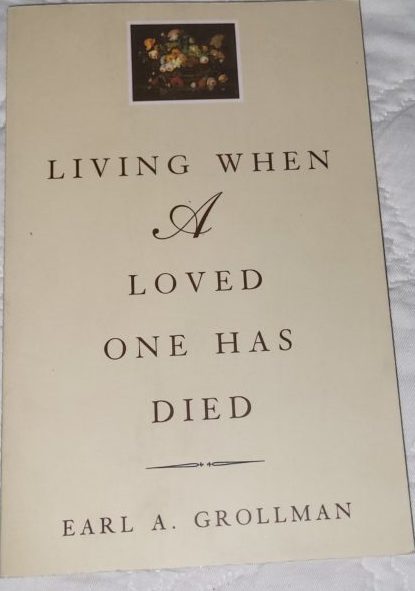As an Amazon Associate I earn from qualifying purchases.

Introduction:
As a widower after 55 years of marriage, I’m experiencing grief as I write this. Grief is a universal experience that follows the loss of a loved one. By understanding that all behavior is purposeful, we can gain insights into why we grieve and how to navigate through it. Let’s explore the different aspects of grief and the choices we have in moving forward.
The Purpose Behind Grief:
Grief serves a purpose in our lives. When we grieve, it is our way of trying to keep the memory of the deceased person alive. It helps us cope with the absence and offers a sense of comfort in the face of loss. Although they are no longer physically present, we can still hold onto their memory and the impact they had on our lives.
Expressing Love and Care:
Grief also allows us to express the depth of our love and care for the person we lost. It is not a manipulative act but rather a genuine way of showing others how much they meant to us. In our grief, we invite support and understanding from those around us, creating a space for healing and connection.
Grief as a Support System:
One of the benefits of grief is that it often elicits support from others during our time of bereavement. People rally around us, offering their assistance and comfort. While this support is not consciously sought after, it is a natural consequence of the grieving process. Others help with tasks we might find overwhelming, providing much-needed support during this challenging time.
Leave It, Change It, or Accept It:
In every situation, we have three options: leave it, change it, or accept it. When it comes to grief, leaving it can manifest as denial or engaging in self-destructive behaviors. Trying to change our reality might involve holding onto constant reminders of the deceased or refusing to accept their absence. Ultimately, accepting the loss and finding ways to honor their memory leads to healing and reintegration into our lives.
The Path to Acceptance:
Accepting the loss is not an easy journey. It requires patience, understanding, and self-reflection. Each person’s path is unique, and finding ways to maintain the person’s presence in our lives is a significant step toward acceptance. Whether it’s creating memorials, wearing keepsakes, or establishing scholarships, these actions can bring comfort and a sense of connection.
Individual Responses to Grief:
Grief manifests differently in each person. Some may openly express their emotions, while others may choose to grieve privately or be strong for others. It is essential not to judge ourselves or others for how we grieve. Understanding that everyone copes in their way helps foster compassion and support for those navigating the grieving process.
Conclusion:
Grief is a complex and deeply personal experience. Remember, there is no right or wrong way to grieve. What matters is finding a path that brings comfort, healing, and a meaningful connection to the memory of our loved ones. Let us approach grief with compassion, patience, and a willingness to support one another through this journey of loss and healing.
I met a widow that had a loss much like mine. She recommended a short paperback book for me to read. I would like to highly recommend this book to anyone suffering the loss of a spouse. The title, “Living When a Loved One Has Died”
The item above is link to the book on Amazon where you can purchase the book.
Amazon and the Amazon logo are trademarks of Amazon.com, Inc, or its affiliates.

